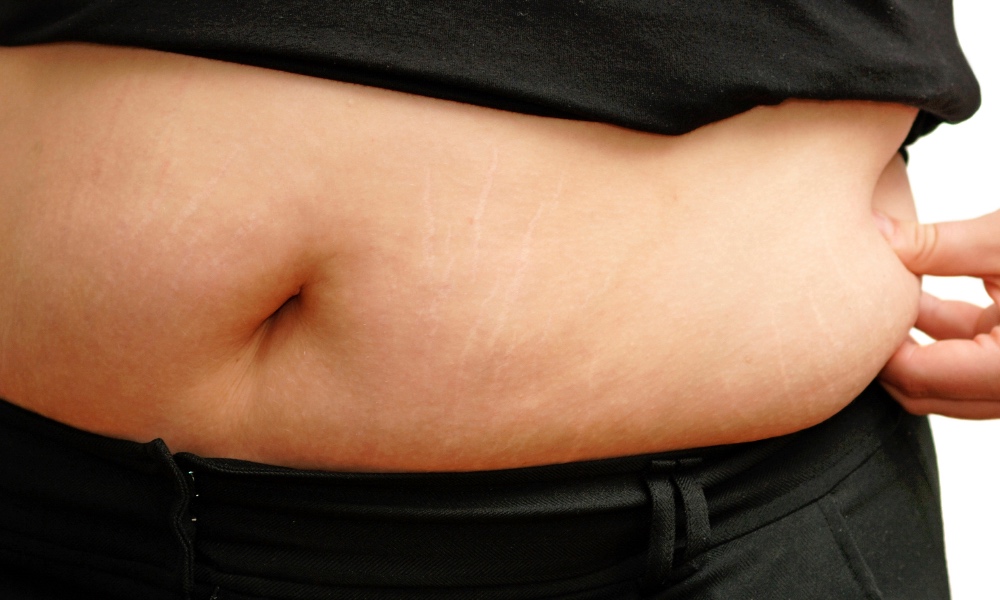Don’t overlook the power of dads. Fathers have a big role to play in determining how successfully a baby is breastfed and how safely they are put to sleep, according to the findings of a new survey.
“We decided to focus on breastfeeding and safe sleep because those are two key national metrics we need to improve on, and they are very important from a clinical and public health standpoint,” John Parker, first author of the study, told TheDoctor.
Recognizing the importance of fathers to families’ health and well-being, the team partnered with the U.S. Centers for Disease Control and Prevention and the Georgia Department of Public Health to develop a survey called the Pregnancy Risk Assessment Monitoring System, or PRAMS, for Dads. The new survey was modeled after the original Pregnancy Risk Assessment Monitoring System, which has been used to survey new mothers for more than 35 years.
Using PRAMS for Dads, researchers at Northwestern University and the Lurie Children’s Hospital of Chicago surveyed 250 fathers two to six months after the birth of their baby. Of those fathers who wanted their infant’s mother to breastfeed, 95 percent reported their babies had started to breastfeed and 78 percent reported their babies were breastfeeding at eight weeks.Involving fathers in breastfeeding support is not done in practice very much, even though programs that include fathers have almost all been successful in improving breastfeeding rates.
These rates were significantly better than those reported by fathers who were against breastfeeding or who said they had no opinion about it: 69 percent said their babies had begun breastfeeding and 33 percent said their babies were breastfeeding at eight weeks.
Programs that include fathers have almost all been successful in improving breastfeeding rates, so Parker was not surprised by the findings. But the truth is involving fathers in breastfeeding support is not done in practice very much, despite being pretty easy to do. “Fathers can support moms and babies in critical ways,” he said. They can bring moms food and water and make sure they have the right pillows to get comfortable while breastfeeding. They can also change and burp the baby. For midnight feedings, fathers can get up and get the baby, then rock the baby back to sleep after breastfeeding.
Breastfeeding should be discussed before the baby is even born, Parker, an instructor of pediatrics at the Feinberg School of Medicine of Northwestern University, said. It is important for both parents to have realistic expectations about what breastfeeding a baby is like. “It can be hard, and everyone in the family needs to be on board,” he added.
Healthcare providers who care for mothers and children can talk directly to fathers when they are in the office, he said. It takes very little time to focus on fathers and tell them what they can do, and it makes them feel a part of the team.
There are three safe sleep practices for infants that the American Academy of Pediatrics recommends: put babies to sleep on their backs; put them on a firm, flat sleep surface; and without soft bedding or stuffed animals. Although 99 percent of fathers surveyed for the current study said they put their infant to sleep, only 16 percent followed all three practices; and about a third said they were unaware of at least one of the three safety practices. Fathers are not the only ones not following safe sleep practices, Parker explained. Similar rates are seen in moms.
Just as with breastfeeding, fathers should be part of discussions about safe sleep and what can be done to prevent sudden infant death syndrome. “Providers need to engage fathers and make sure they are listening to the safe sleep recommendations,” Parker said.
The PRAMS for Dads program is expanding to other states, said Parker. This expansion will give Parker and his team more data they can compare to the current data set. They also plan to report additional studies from this initial PRAMS for Dads data set.
The study is published in Pediatrics.





